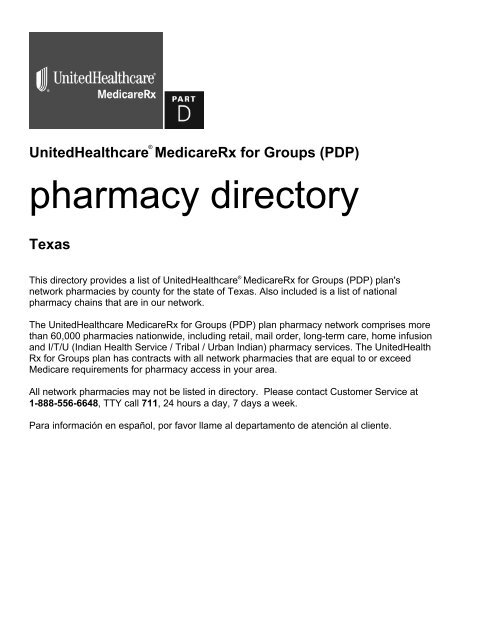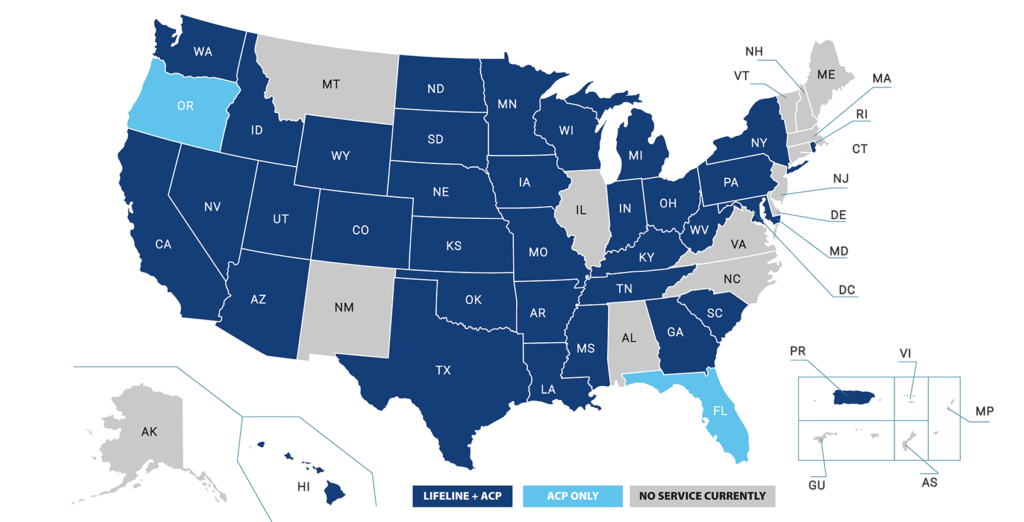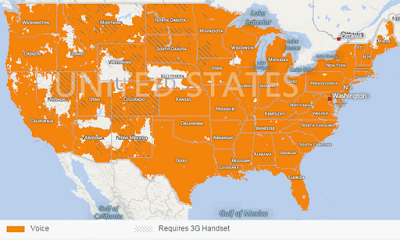In today’s digital age, having a mobile phone has become an integral part of our lives. Whether it’s for staying connected with our loved ones or for work-related purposes, our phones are our lifelines. However, at times, we may come across a message on our phone that can leave us feeling puzzled and confused. One such message is “extended network.” If you’ve ever seen this message on your phone and wondered what it means, you’re not alone.
The message “extended network” on your phone indicates that you’re currently using a network that’s not your carrier’s primary network. In other words, your phone is roaming on a different network than the one you’re subscribed to. This can happen when you’re traveling to an area where your carrier doesn’t have coverage or when you’re in a building or location where the signal strength is weak. While this message may seem alarming, it’s actually a common occurrence and doesn’t necessarily mean there’s anything wrong with your phone or your carrier’s service. In this article, we’ll take a closer look at what “extended network” means, why it appears on your phone, and what you can do to ensure you have the best possible mobile phone experience.
Your phone may be saying extended network because it’s trying to connect to a network outside of your normal service area. This could be due to a weak signal from your current provider or a problem with the network itself. To improve your connection, try switching to a stronger network in the same service area or to a different carrier. You may also need to move closer to the network you’re trying to connect to in order to get better reception.

What is an Extended Network?
An extended network is a type of cellular connection that occurs when your phone is unable to find a strong enough signal from your primary carrier. In these cases, your phone will automatically connect to another network in order to provide you with service. This type of connection can be very helpful if you need to make an important call or access the internet, but it can also be confusing if you don’t understand why your phone is connecting to a different network.
Why Does My Phone Say Extended Network?
There are several reasons why your phone may be connecting to an extended network. The most common reason is that your phone is unable to find a strong enough signal from your primary carrier. This can happen if you’re in an area with poor reception or if you’re too far away from a cell tower. It can also happen if your phone is in an area with a lot of interference, such as a crowded mall or an area with a lot of large buildings.
Weak Signal Strength
If your phone is connecting to an extended network, it’s likely because your signal strength is too weak to maintain a reliable connection with your primary carrier. This can be caused by a variety of things, such as being too far away from a cell tower, being in an area with poor reception, or being in an area with a lot of interference. If you’re in an area with poor reception or interference, you may be able to fix the issue by moving to a different location or using a signal booster.
Roaming
Roaming is another common reason why your phone may be connecting to an extended network. Roaming occurs when your phone is outside of the coverage area of your primary carrier. When this happens, your phone will connect to a different network in order to provide you with service. Roaming can be a useful feature if you’re traveling, but it can also be confusing if you don’t understand why your phone is connecting to a different network.
Frequently Asked Questions
When you’re out of range of your carrier’s network, your phone may display the message “Extended Network”. This means that you’re connected to an extended network that has a roaming agreement with your carrier.
What does extended network mean?
An extended network is a mobile network outside the coverage area of your regular carrier. It could be another carrier or an international network. Whenever your phone can’t connect to your carrier’s network, it will switch to an extended network to keep you connected.
What does it mean when my phone says “Extended Network”?
When your phone says “Extended Network”, it means that your phone is connecting to an extended network that has a roaming agreement with your carrier. This allows you to make and receive calls, send messages and access the internet while you’re outside the coverage area of your regular carrier.
Are there any charges for using an extended network?
Yes, there may be charges for using an extended network. Your carrier may have a roaming agreement with the extended network, but you may still be charged for data, minutes and texts. Check with your carrier to find out what their roaming rates are.
Do I need to do anything to use an extended network?
No, you don’t need to do anything to use an extended network. Your phone will automatically switch to an extended network if it can’t connect to your regular carrier’s network.
How can I avoid using an extended network?
The best way to avoid using an extended network is to stay within the coverage area of your regular carrier. You can also turn off data roaming on your phone if you don’t want to use an extended network. Keep in mind that if you do this, you won’t be able to access the internet or use data while you’re outside the coverage area of your regular carrier.
Cellular Data Not Working On iPhone? Here’s The Fix!
In conclusion, the “extended network” notification on your phone signifies that you are currently roaming on a network outside of your carrier’s coverage area. While this may result in additional charges or slower data speeds, it is a convenient feature that allows you to stay connected even when you are outside of your carrier’s network. Understanding the reasons behind this notification can help you make informed decisions about your phone usage and avoid any unexpected charges.
It is important to note that while roaming can be useful, it is always a good idea to check with your carrier about their roaming policies and fees before traveling. Additionally, you may want to consider turning off data roaming or using Wi-Fi networks to avoid any unexpected charges. By taking these steps, you can stay connected while on the go without breaking the bank.



